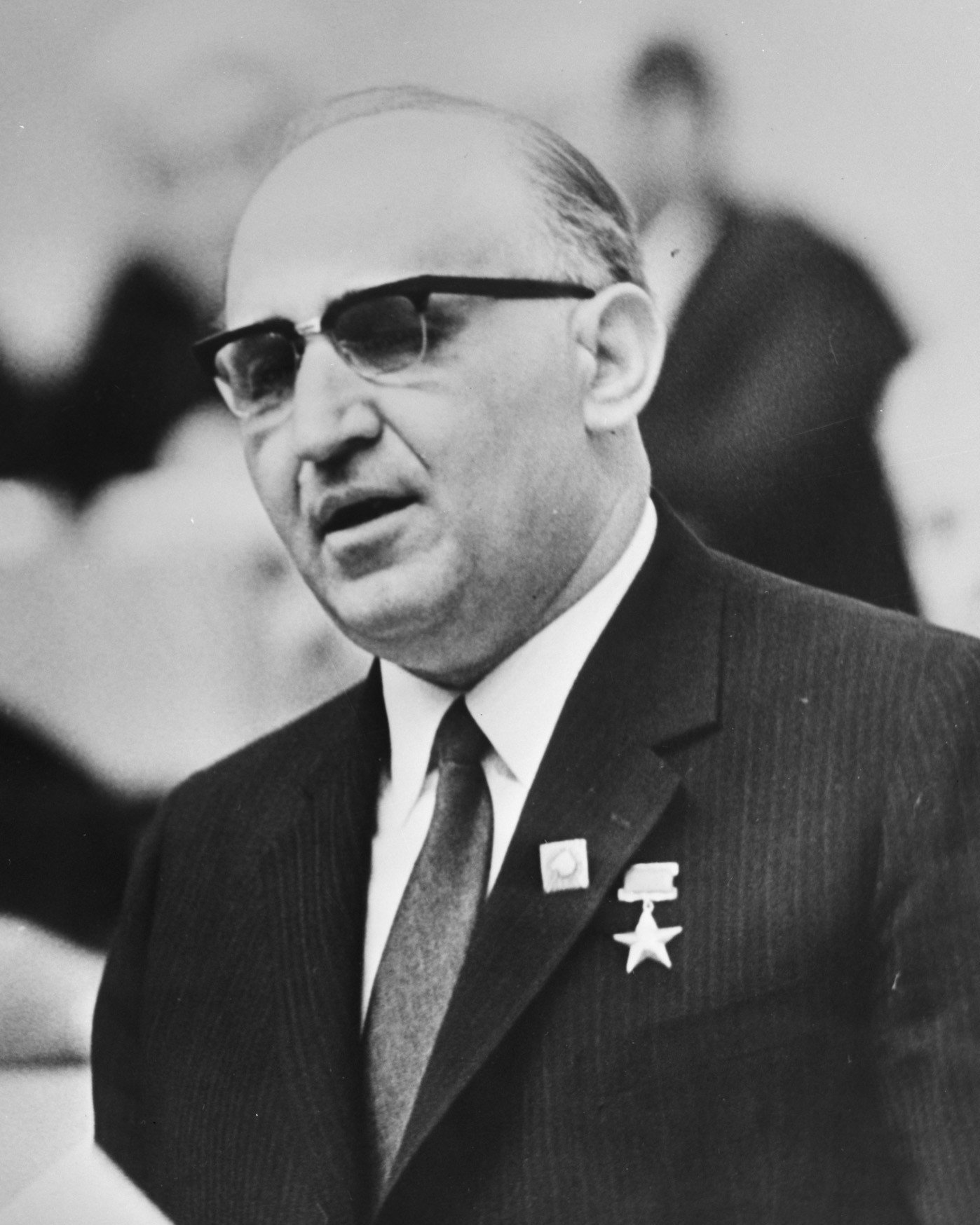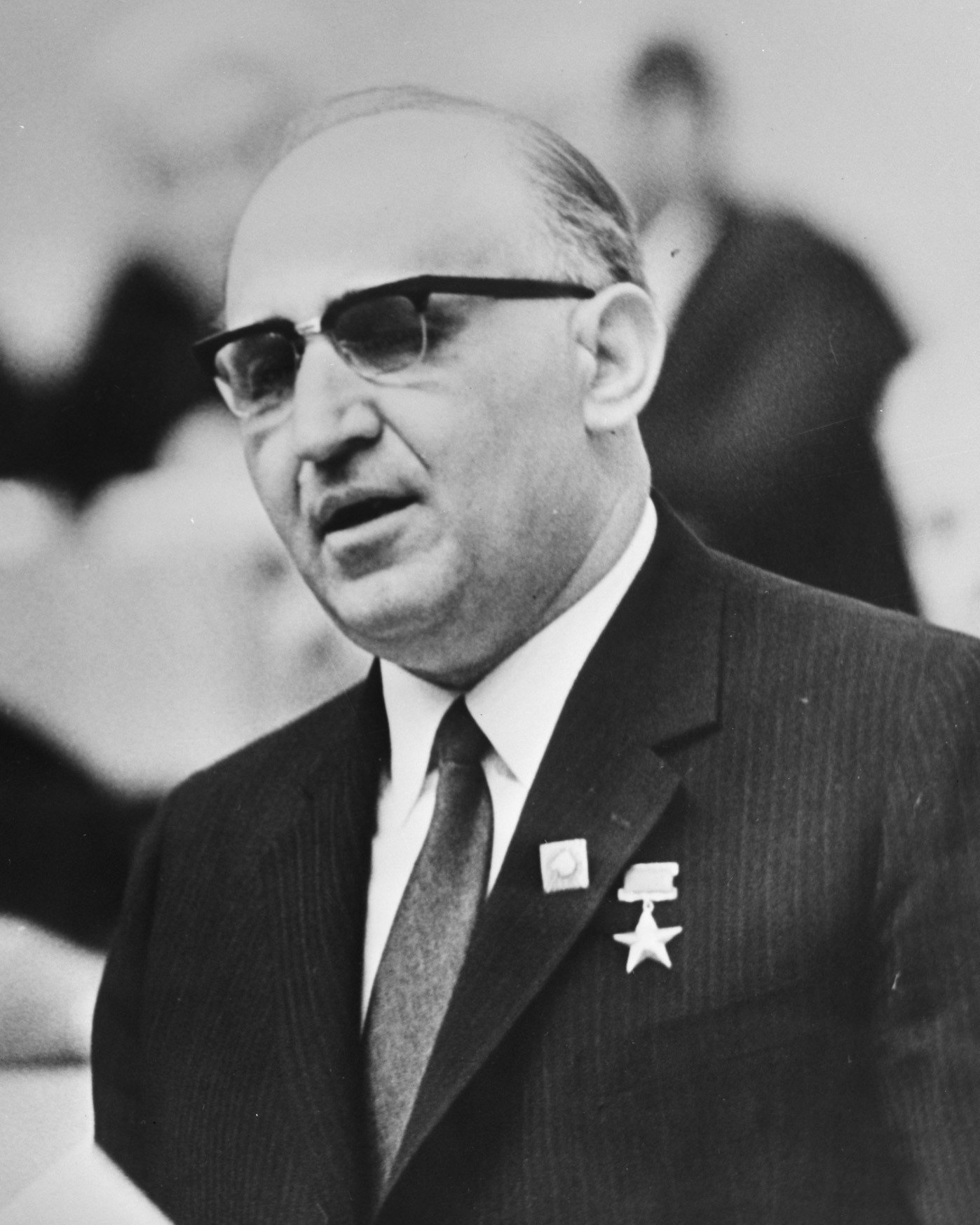Fokus ROMI.HR
/Politika kulturne asimilacije i etničkog čišćenja stara je koliko i nastanak suvremenih etno-nacionalnih država. Ideja o etničkoj homogenosti na datoj teritoriji je relativno nova i u većini slučajeva pojavila se kao druga strana medalje zajedno s nacionalnom emancipatorskom borbom protiv carstava u suvremenoj Europi.
Prijevod: Milica Kuzmanović i Daria Maracheva
Na Balkanu je takozvana razmjena stanovništva bila široko raširena praksa u prvoj polovini 20. stoljeća. Desetine tisuća ljudi napustile su svoje domove u kojima su stoljećima živjeli njihovi preci, i preselili se u područja koja su trebala biti shvaćena kao "srodne države".
Iako se ova politika trajala decenijama, kompaktne "heterogene" skupine ostale su u zemljama koje su ove skupine naseljavale stoljećima. Geopolitička podjela Balkana između država saveznika Zapada poput Grčke i Turske i "satelita" Sovjetskog saveza poput Bugarske i Rumunije, zajedno s Jugoslavijom kao nesvrstanom zemljom, oživjela je razne nacionalističke napetosti iz prošlosti.
U Narodnoj Republici Bugarskoj, Turci i Romi muslimanske vjeroispovijesti smatrani su od strane režima ne samo kao "stranci" već i kao potencijalni agenti "neprijateljskog tabora". Nekoliko godina nakon toga što je Komunistička partija Bugarske došla na vlast, Romi u Bugarskoj dobili su mogućnost čuvati svoj nacionalni identitet. Režim je podržavao romske udruge, novine, kazališta i škole. Neki istraživači smatraju da takva politika nije bila iskrena podrška romske zajednice od strane vlade, nego strategija usmjerena protiv procesa poistovjećivanja Roma muslimanske vjeroispovijesti s turskom kulturom.
Međutim, već početkom pedesetih godina mnoge romske udruge bile su raspuštene, a državni aparat preuzeo je njihove aktivnosti. Ambivalentnost odnosa komunističkog režima prema Romima tokom pedesetih godina dovela je do paradoksalne situacije. U nekim slučajevima država davala je nalog lokalnim administracijama da desetine tisuća Roma registriraju kao Turke, dok u drugim slučajevima vlasti su sprečavali upisivanje Roma kao pripadnika Turske nacionalnosti.
Ove promjene u ponašanju vlasti mogu se objasniti dogovorom između Sofije i Ankare o novom talasu preseljavanja Turaka u "srodnu državu". Vlada se na ovoj način pokušavala "osloboditi" Roma muslimanske vjeroispovijesti, ali kada su romske zajednice iz različitih područja Bugarske izrazile želju napustiti Bugarsku i izjasniti se kao pripadnici turske nacionalnosti, režim se predomislio.
Nakon faktičke zabrane nomadskog načina života krajem pedesetih godina dvadesetog stoljeća koja je dovela do situacije u kojoj su se mnogi Romi morali prestati baviti tradicionalnim zanjimanjima. Šezdesetih i sedamdesetih godina politika asimilacije postala je još stroža. Stotine tisuća Roma prisiljene su promijeniti svoja muslimanska imena. Istu strategiju koja je dobila naziv "Proces preporoda" bugarske vlasti primjenivale su osamdesetih godina i prema Turcima.
Međutim, krajem osamdesetih godina novonastalo civilno društvo u Bugarskoj počelo je protiviti se ovim promjenama imena, te su 1989. godine organizirani brojni štrajkovi glađu, marševi i demonstracije protiv režima i posebno protiv "Procesa preporoda". Tada je vlada odlučila promijeniti svoju politiku, te je organizirala masovne deportacije bugarskih muslimana. U roku od nekoliko tjedana oko 360 tisuća ljudi napustilo je svoje domove i krenulo prema Turskoj koja je pristala otvoriti svoje granice.
Nakon pada režima, oko 40% ljudi koji su bili protjerani, vratili su se u Bugarsku. Narodno sobranje Republike Bugarske je 2012. godine usvojilo deklaraciju kojom se osuđuje pokušaj prisilne asimilacije bugarskih muslimana.
Takozvani "Proces preporoda" predočavao je krvave nacionalne sukobe koji su izbili u bivšoj Jugoslaviji i post-sovjetskim zemljama. Iako je Bugarska izbegla rat, Romi, Turci i Bugari muslimanske vjeroispovijesti i danas su izloženi diskriminaciji I izolaciji. Najveća razlika između razdoblja prije i poslje 1990. godine je u tome što u posljednjih 30 godina stranka koja dobije gotovo sve glasove građana muslimanske vjeroispovijesti u Bugarskoj, naime Pokret za prava i slobode, postala je ključni dio političkog aparata, a njezino vodstvo - dio ekonomske elite. Međutim, životni uvjeti za dobar dio muslinama u Bugarskoj u posljednja tri desetljeća su čak pogoršali.

The policies of cultural assimilation and ethnic cleansing are as old as the inception of the modern ethno-national states. The idea of ethnic homogeneity in a given territory is relatively new and emerged in most cases as the flip side of the coin together with the national emancipatory struggles against the empires in modern Europe.
In the Balkans, the so-called population exchange was a widespread practice in the first half of the twentieth century. Tens of thousands of people left their homes where their ancestors lived for centuries and moved to what was to be understood as their “kin states”.
Although this policy continued for decades, compact groups of “heterogeneous” people remained in the lands they inhabited for generations. The geopolitical division of the Balkans between Western-allied countries such as Greece and Turkey and “satellites” of the Soviet Union like Bulgaria and Romania, together with the non-aligned position of Yugoslavia revived various ethnic tensions from the past.
In the People’s Republic of Bulgaria, Turks and Muslim Roma were seen by the regime not just as “foreigners within” but also as potential agents of the “enemy camp”. In the first few years after the Bulgarian Communist Party’s takeover, the Roma in Bulgaria we encouraged to celebrate their identity - Roma organizations, newspapers, theaters, and schools were supported by the regime. According to some researchers, that policy was not exactly a genuine support of the government to the Roma community, but was rather a strategy to counter the process of Muslim Roma’s identification with Turkish culture.
However, already in the beginning of the 50s, many Roma organizations were dissolute and the structures of the state apparatus absorbed their activities. The ambivalence of the regime towards to Roma in the 50s acquired even more paradoxical character. In some instances the state instructed the local administrations to register tens of thousands of Roma as Turks and in other occasions the authorities actively obstructed Roma’s voluntary inscription as members of the Turkish community.
The logic behind this oscillation was the agreement between Sofia and Ankara for a new transfer of Turks to their “kin state”. The government wanted to use this occasion to “get rid” of some Muslim Roma as well but once whole Roma communities across various regions expressed wish to leave Bulgaria for good by registering as Turks, the regime got cold feet.
After the de facto prohibition of nomadic way of life in the late 50s, which deprived many Roma of their traditional professions, in the 60s and the 70s, the policies of assimilation took even more rigid shape. Hundreds of thousands of Roma were got their Muslim names forcibly changed, a strategy that covered also the Turks in the 80s and was called “The Revival Process”.
In the late 80s, however, the nascent civil society in Bulgaria begun to oppose the name changing and in 1989 many hunger strikes, marches, and demonstrations were organized against the regime and the “Revival Process” in particular. The government then decided to change its policy to directly organize mass deportation of Bulgarian Muslims. In a matter of a few weeks around 360 thousand people leave their homes in direction to Turkey which agreed to open its borders.
After the fall of the regime, about 40% of the people who were evicted returned to Bulgaria. In 2012, the National Assembly adopted a declaration condemning the attempted forced assimilation of the Bulgarian Muslims.
The so-called “Revival Process” in Bulgaria was an overture to the bloody ethnic conflicts which sparked in former Yugoslavia and the post-Soviet countries. Bulgaria was spared from a full-fledged war, but the Muslims in the country - Roma, Turks, and Bulgarians - continue to this day to suffer from isolation and discrimination. The biggest difference between before and after 1990 is that in the last 30 years, the party that gets virtually all the Muslim votes in Bulgaria - the Movement for Rights and Freedoms - became a key part of the political apparatus and its leadership – part of the economic elite of the country. The living conditions for a good share of the Muslims in Bulgaria, however, have even worsened in the last three decades.
 Povratak na Fokus
Povratak na Fokus













